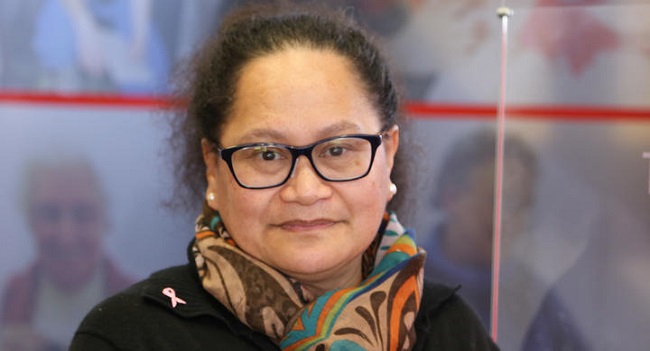International
Int’l Red Cross reveals New Zealand nurse kidnapped by ISIS in 2013 may still be alive

The International Committee for the Red Cross (ICRC) on Sunday, revealed that a New Zealand nurse kidnapped by ISIS while working in Syria in 2013 may still be alive.
CNN reports that 62-year-old Louisa Akavi, 62, and Syrian ICRC drivers Alaa Rajab and Nabil Bakdounes, were kidnapped while distributing medical materials to Idlib, in northern Syria, in October 2013.
The ICRC said its last credible information regarding Akavi’s well-being came in late 2018, but it had never been able to ascertain if Rajab or Bakdounes were dead or alive.
Read also: Algeria’s magistrates join protests, vow to boycott presidential polls
“Following the fall of the last territory held by Islamic State group, we fear there is an extra risk of losing track of Louisa, though we remain hopeful this period will instead open new opportunities for us to learn more about her whereabouts and well-being,” Dominik Stillhart, ICRC’s director of operations, said in the statement.
On Monday, New Zealand Foreign Affairs Minister Winston Peters said his government had put in efforts since 2013 to find Akavi.
“There has been continued commitment every step of the way over these years to ensure everything possible was being done without jeopardizing Louisa’s safety,” he said. “That has been, and remains, paramount in progressing efforts to find her.”
By Todimu Ogunade…
Join the conversation
Support Ripples Nigeria, hold up solutions journalism
Balanced, fearless journalism driven by data comes at huge financial costs.
As a media platform, we hold leadership accountable and will not trade the right to press freedom and free speech for a piece of cake.
If you like what we do, and are ready to uphold solutions journalism, kindly donate to the Ripples Nigeria cause.
Your support would help to ensure that citizens and institutions continue to have free access to credible and reliable information for societal development.
























